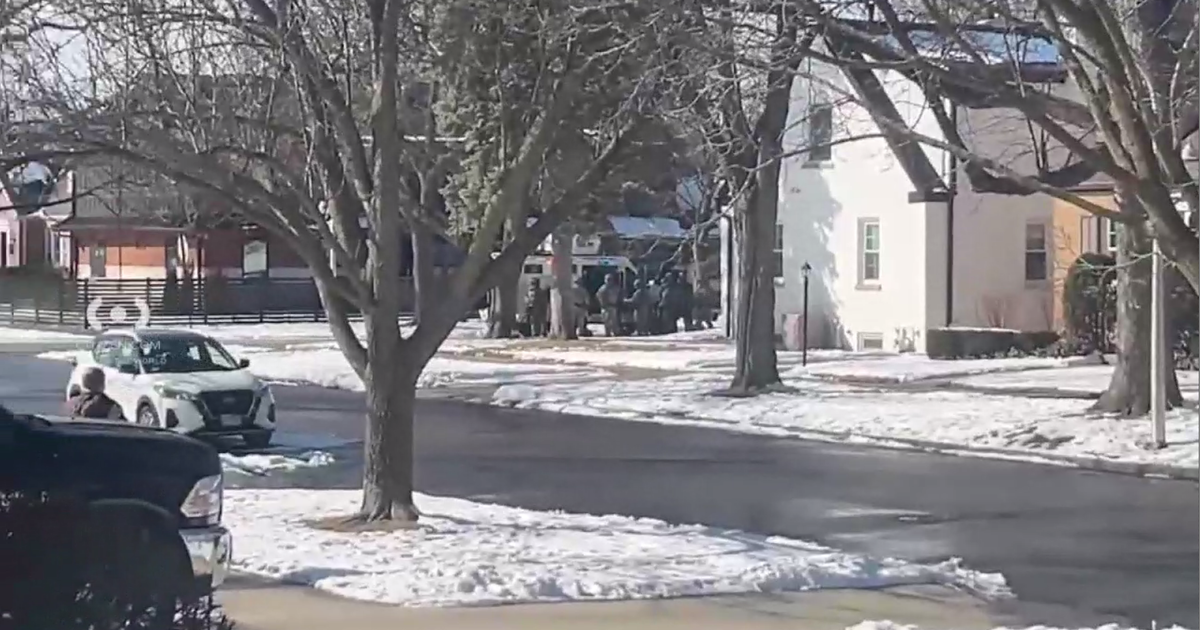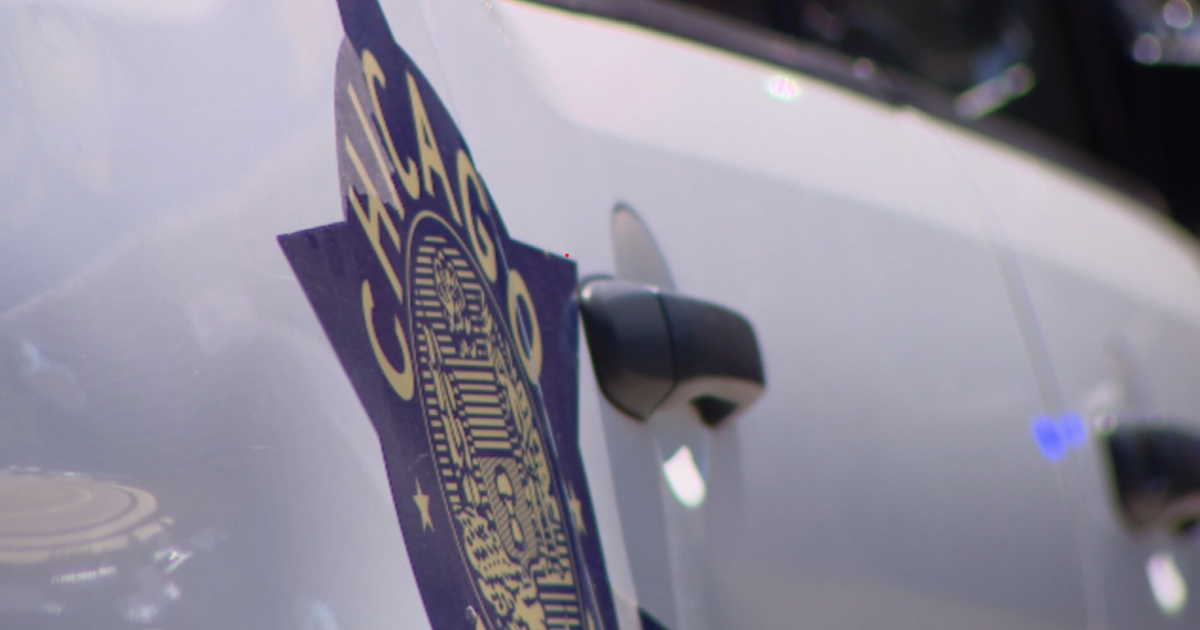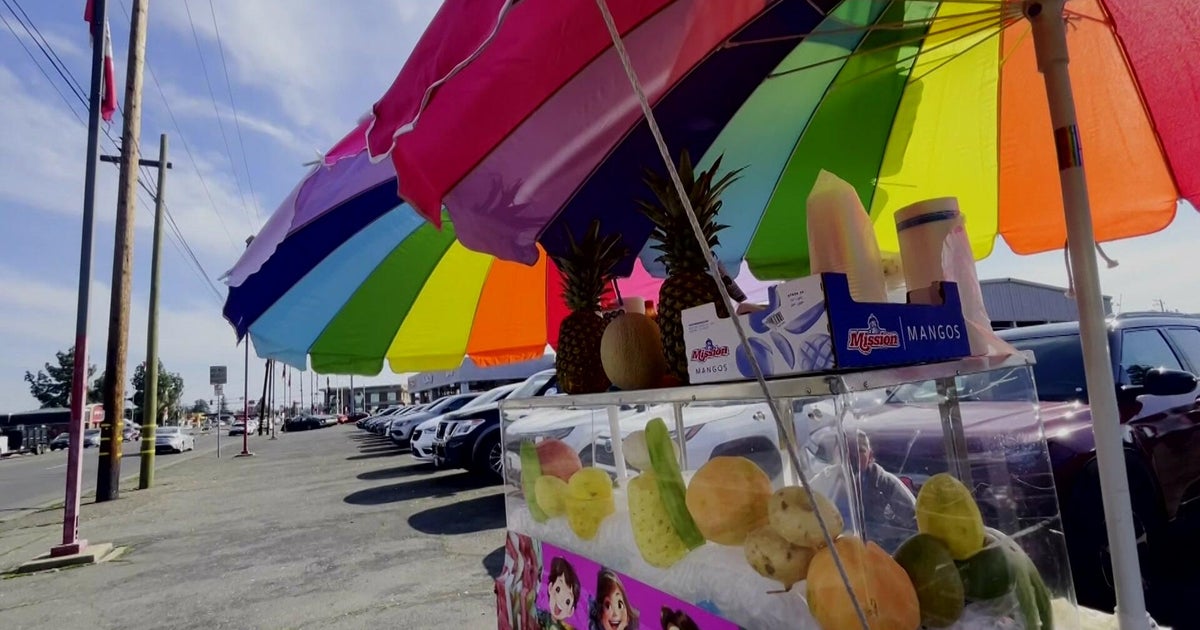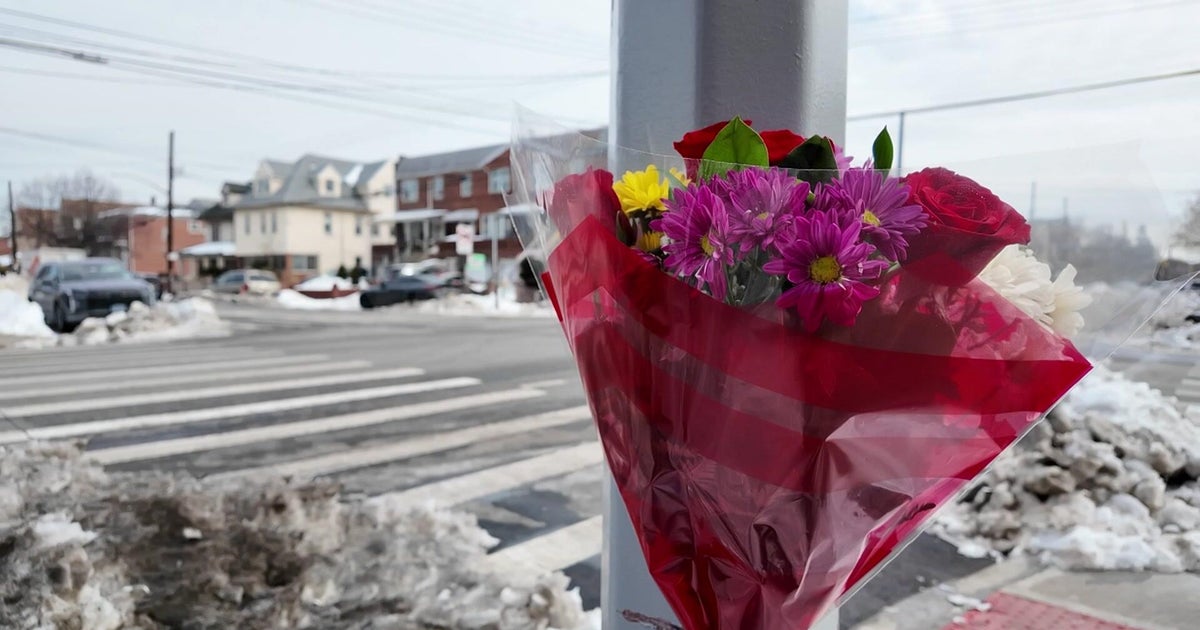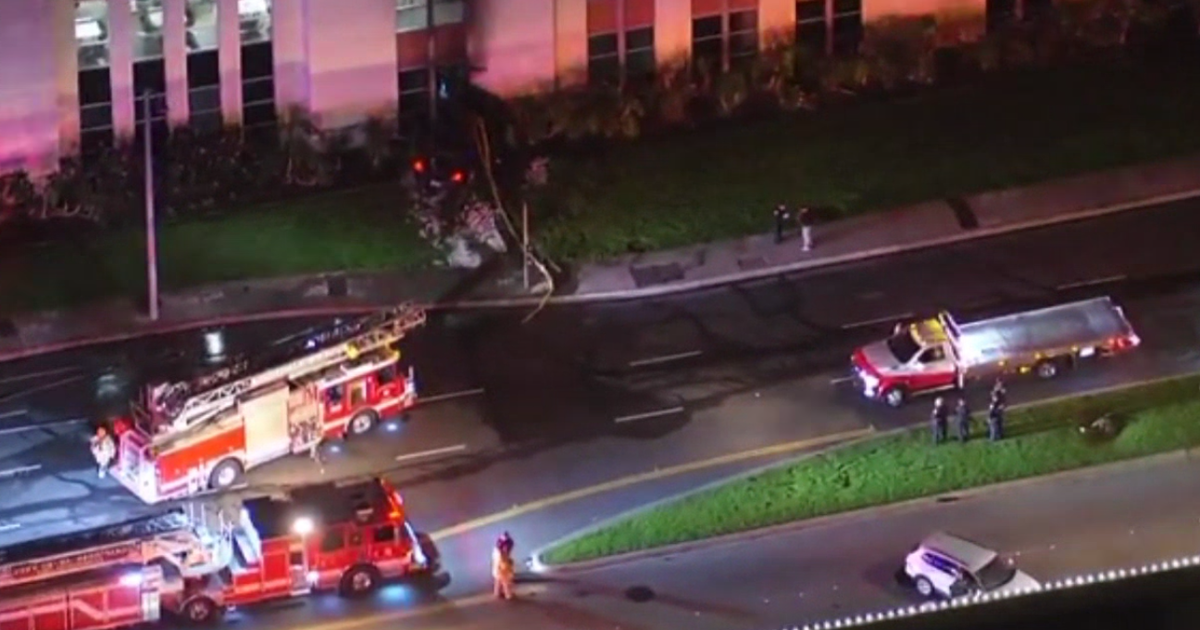The People's CDOT work on road projects they say the city won't
CHICAGO (CBS) -- A vigilante group is taking Chicago road safety into their own hands -- doing roadwork all on their own that they claim the city won't do.
This is a story you'll see Only on 2.
The group of Chicago residents, calling themselves "The People's CDOT," said the projects they undertake are requested out of safety concerns. CBS 2's Tara Molina talked to the group on Chicago's North Side.
There have been a number of safety concerns and complaints expressed about the crosswalk at Cornelia Avenue and Elaine Place in East Lakeview. The People's CDOT took action after they say the city didn't respond.
Members of The People's CDOT won't show their faces or use their names, because what they're doing isn't legal. They work on city property and city roadways.
"If the only way we are going to get safe streets is by breaking city code of municipal code or whatever, then we are happy to do that," a volunteer said.
The volunteers, sick of Chicago red tape, said they formed out of city neglect and out of frustration.
"A lot of finger-pointing," the volunteer said. "The alderman said, 'Well, CDOT didn't tell me,' and then CDOT said, 'Aldermanic prerogative is blocking me.'"
On Monday, the group set up planters to protect pedestrians crossing at Cornelia Avenue and Elaine Place.
"Today, what we are doing is protecting the crosswalk and making it so cars can't park there. And we are also putting a speed bump near the stop sign that would force drivers to slow down and stop before they just roll through the stop sign," said the volunteer.
But that project Monday, on which our cameras rolled, was removed in less than 24 hours.
"It can be scary at times," said Rita Knasel.
Knasel has lived in the East Lakeview neighborhood for about a year, and said, like her neighbors, she's noticed dangerous driving and parking in the area. And CBS 2 saw it as well.
"There are a lot of times, they barely even slow down when there are stop signs," Knasel said.
City officials would not say if city crews responded to take away the planters, and most of our questions related to the group were ignored.
The group had put up new cinder blocks for the same purpose, by Wednesday, but told CBS 2 they're sure it's only a matter of time before they're removed, too.
"It's really unfortunate that it takes citizen activism to basically purchase these things on our own, and install them on our own streets when the city doesn't want to do that themselves," the member said.
A look at the Twitter account for the People's CDOT gives you a better idea of the work they do, the work that gets undone, and the work they claim the city does not do.
"When CDOT needs to destroy something that's making people safer, they have a very rapid response," The People's CDOT said in a tweet. "But when people are asking CDOT to make our streets safer, it takes years and years to get a response."
Knasel noticed the planters The People's CDOT put up in the crosswalk were taken away soon afterward.
"I was kind of surprised to see them taken up so quickly," she said. "It's kind of sad it has to result in that. I think the city should be doing more."
The first project installed at the Elaine and Cornelia crosswalk and torn up cost around $700 in donations. But group leaders said they won't stop doing work the community asks for.
This is the full statement from CDOT:
CDOT is committed to ensuring that Chicago's streets are safe, accessible, and responsive to community needs. This work includes making hundreds of pedestrian safety improvements each year and continuing to expand and upgrade Chicago's bike lane network. These improvements are not possible without collaboration and feedback from residents and neighborhood stakeholders. However, altering the public way by installing unauthorized infrastructure can pose a safety risk both to those doing the installing and potentially the general public, and may damage existing infrastructure.
We encourage residents to reach out to CDOT directly (contact information is available on the City's website) or to contact their alderperson about infrastructure concerns and feedback. CDOT also holds quarterly public forums focused on making our streets more equitable, sustainable, and safe. The next Chicago Mobility Collaborative meeting is tomorrow, June 22, and all are welcome to attend and participate.
